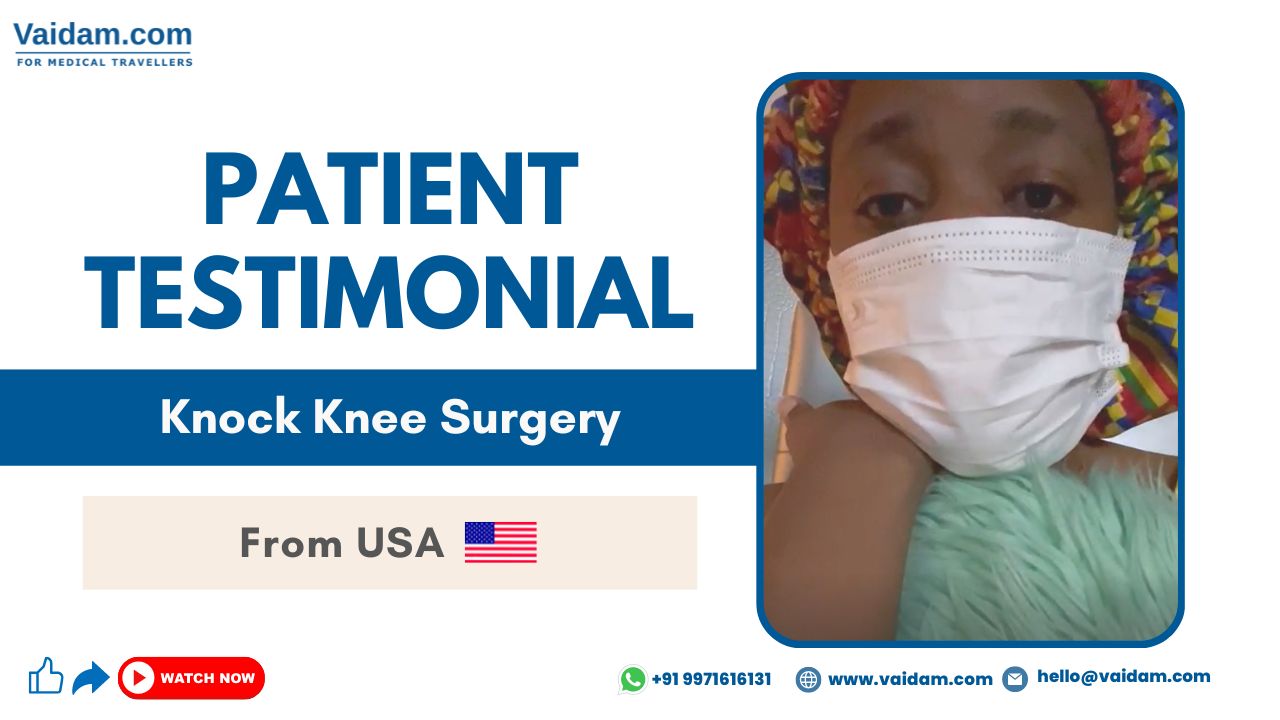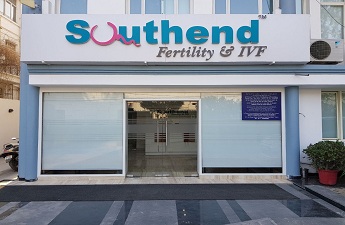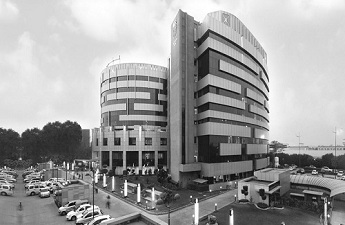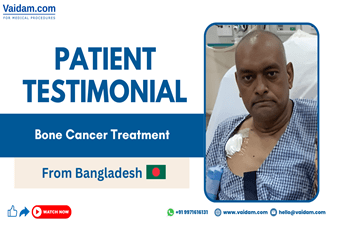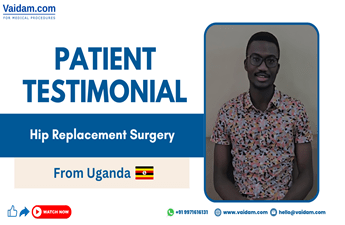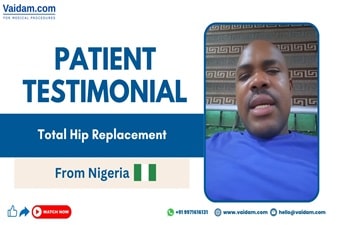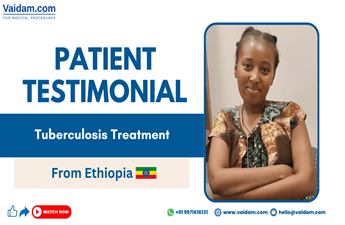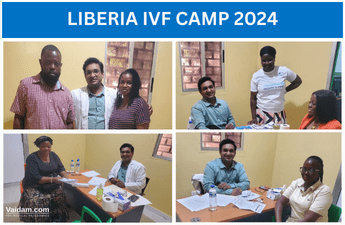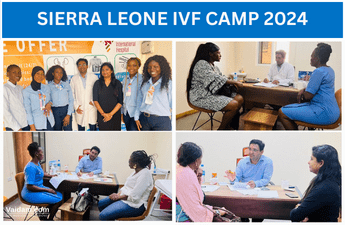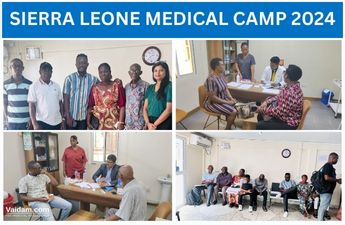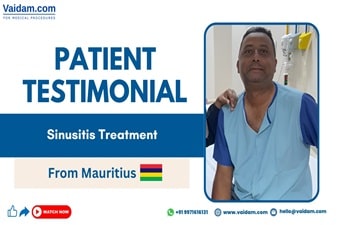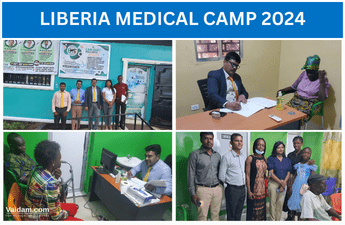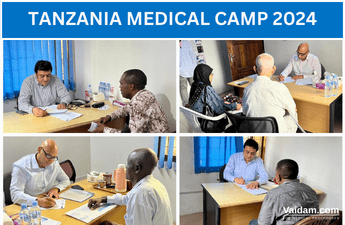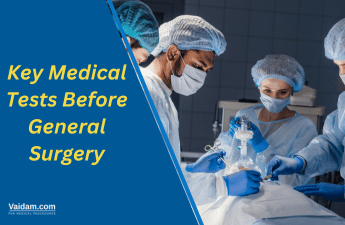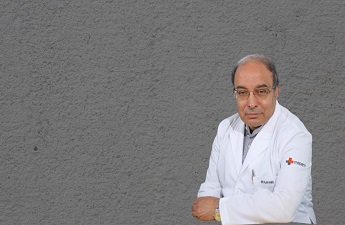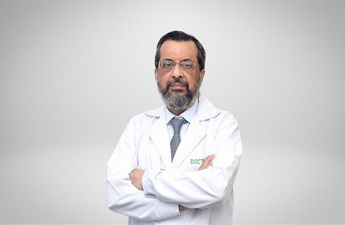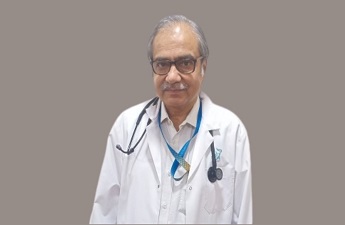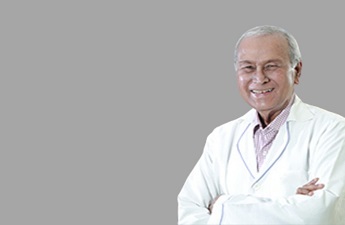
Organ and tissue transplantation is one of medicine's most complex, severe procedures. For a successful transplant surgery, a team of experts from various specialties who can make a precise diagnosis and understand the underlying health issues are necessary. It also requires dedicated health providers after the transplant to ensure a full recovery.
Transplant surgery involves taking a healthy organ from a donor and transplanting it into a recipient with a malfunctioning organ. This surgery is usually life-saving. Thanks to advances, immunosuppression, and surgical techniques are now one of the most effective means of treating many conditions.
In the USA, nine types of organ transplants are now performed. Organ transplants include kidney, pancreas, liver, heart, lung, and intestine. Vascularized composite allografts (VCAs) are also possible, including face and hand transplantation. Sometimes, "double" transplants, such as kidney/pancreas or heart/lung, are done.
Get in Touch with Medical Experts
In 2021, over 40,000 organ transplants were performed in the USA. Most recipients were between the ages of 50 and 64. Most donor organs are received from deceased donors, but the percentage of living donors has increased yearly since 1988.
Kidney transplants are the most common type of surgery, while the least common single-organ transplants are the intestines.
Know more about organ transplant here.
What Are Some General Transplant Surgeries?

Although the heart, kidneys, pancreas, cornea, liver, bone marrow, and skin can be surgically transplanted, some of the most widely operated transplantation procedures are as follows:
- Liver transplantation: A liver transplant is a surgery to remove the diseased/injured liver and replace it with a healthy liver from a donor. Conditions that require liver transplantation include autoimmune and oncological conditions and chronic or long-term liver illness in alcoholics. In 2015, about 7100 liver transplants were performed in the USA. Of these, almost 600 were performed in patients 17 and younger. Watch this video to know more about liver transplant.
- Heart Transplantation: Some patients may require multiple or combinational organ transplants like heart-lung, heart-liver, and heart-kidney transplants. This is usually required in cases of chronic cardiomyopathy and congenital and structural heart diseases. Watch this video to know more about heart transplant.
- Kidney Transplantation: Patients with end-stage kidney disease due to glomerulonephritis and genetic conditions undergo these procedures only when all other treatments have failed to provide relief. Watch this video to know more about kidney transplant.
- Bone Marrow Transplantation (BMT): The bone marrow produces healthy blood cells, like red blood cells (RBCs), white blood cells (WBCs), and platelets. If the bone marrow is diseased, a healthy donor (or patient) stem cells can be introduced to synthesize healthy blood cells. This procedure is used in leukemia, aplastic anemia, thalassemia, multiple myeloma, and other conditions. Watch these videos to know more about Autologous BMT and Allogenic BMT.
Technological Advancements in Organ Transplants followed in the USA
Availability of New-Era Immunosuppressants and Induction Therapy
The invention of immunosuppressant therapy was a breakthrough in transplant surgery that suppressed the immune system to avoid organ rejection. Azathioprine was the first drug that, when given with prednisolone, successfully transplanted unrelated donor organs. This was followed by developing better drugs, such as cyclosporine, tacrolimus, sirolimus, everolimus, and Mycophenolic acid, resulting in better survival outcomes in transplant patients.
Biological agents such as monoclonal or polyclonal antibodies are now used along with immunosuppressants to enable dose reduction of immunosuppressants without the risk of organ rejection.
Improved Organ Preservation
Organ preservation at < 4°C and the use of the specialized preservative solution for different organs have helped to reduce tissue damage and optimal organ preservation in vivo until transplant. Moreover, several advanced surgical procedures are used during organ extraction to cause minimum damage to organs in brain-dead donors.
Robot-Assisted Organ Transplantation

da Vinci Robotic Surgical System has expanded the ability to complete complex surgical procedures in a minimally invasive fashion and increased the interest in robotic applications in organ transplantation. Robotic surgery has been successfully used in kidney transplantation and, in a lesser proportion, in pancreas transplantation and donor hepatectomies for living donor liver transplantation.
Open operations involve a large incision in the abdomen, while robot-assisted kidney transplant allows the recipient surgery to be performed using the keyhole technique. This technique is associated with less postoperative pain, lesser risk of post-surgical infections, quick recovery, and early discharge from the hospital.
Future Directions in Organ Transplantation
- Development of in vitro organs: Globally due to a shortage of donated organs, patients die while waiting for transplant surgery. Hence, researchers are looking to develop organoids and tissues received from stem cells to bridge this gap in demand and supply.
- Xenotransplantation: Scientists are also exploring options for generating human organs in large animals with the help of genome editing techniques. The pig is the most likely species that is being researched for providing donor organs as their organs are of similar size as humans. Moreover, they have a short gestation period and produce many offspring that can be easily farmed and genetically manipulated.
- Deceased organ preservation: Transplantations must be carried out within a few hours to succeed. Many organs are wasted as transplant recipients cannot be located nearby or due to logistic issues.
- Pre-transplant treatment: Transplant patients are required to take life-long immunosuppressants to avoid organ rejections. These drugs are not only costly but increase the risk of infections in patients. Evolving technology and science may pave the way for preparing a transplant recipient before the transplant, eliminating the need for immunotherapy.
- Organ preconditioning: Another evolving area includes donated organ preconditioning. This aims to expand the donor pool by obtaining quality organs from marginal donors. Research is also ongoing in tissue repairing, high-precision tumor targeting, immunomodulation, and genetic engineering to expand the therapeutic options in post-patient care after transplantation surgery.
- Improved organ transportation: Time is of the essence in any organ transplantation, and logistics play a crucial role before the donor organ can reach the recipient. For example, a heart or lung must be transplanted within 6 hours to avoid tissue damage. Scientists have developed an advanced system to increase transportation time by making the donor organs think they are still inside the body. This system keeps oxygenated blood flowing through the organs to delay tissue death. While this system awaits regulatory approval, it can solve a big issue in safe organ transportation.
Which Top Hospitals in the USA Perform Organ Transplant Surgery?
More than 250 transplant hospitals operate in the USA. Some of these leading hospitals are listed below.
Mayo Clinic
Mayo Clinic is the ideal environment for many transplants, from the straightforward, though serious, kidney transplant to the most complex, multiorgan transplants accompanied by rare disorders. That's because Mayo Clinic comprise of teams of experts specializing in cardiology, cardiac surgery, thoracic surgery, hepatology, nephrology, neurology, pulmonology, hematology, reconstructive surgery, endocrinology, pediatrics, physical medicine and rehabilitation, psychiatry, dermatology, urology, infectious diseases and more.
These experts are part of the largest integrated transplant provider in the USA, performing nearly twice as many solid-organ transplants as any other center. They have some of the best outcomes in the country, including high patient survival rates, successful organ acceptance, and fast transplant timelines.
Cedars-Sinai Medical Center
The hospital's Comprehensive Transplant Center is Southern California's most comprehensive facility for heart, lung, liver, kidney, and pancreas transplantation.
The BMT Program at Cedars-Sinai has successfully performed every type of BMT for over 30 years. With a team of dedicated experts and the latest condition regimens, they provide some of the best transplant outcomes in Southern California.
More than 1,600 patients have received a new heart through the adult heart transplant program at the institute. The program has been the largest in the USA since 2010, and it is the flagship of the Advanced Heart Disease Program.
The Johns Hopkins Hospital
The multidisciplinary team of surgeons, endocrinologists, and physicians at John Hopkins ensures patients receive the best quality care. They perform minimally invasive pancreas removal and simultaneous islet isolation, which doesn't require feeding tubes after the procedure.
The Johns Hopkins Comprehensive Transplant Center encourages live organ donation for kidney transplant patients. They offer a live donor program for liver transplant patients as well.
The transplant team, including surgeons, specialists, nurses, dieticians, and social workers, follow the patients throughout their recovery.
New York-Presbyterian Hospital-Columbia and Cornell
This international leader in organ transplantation includes the heart, lung, liver, kidney, intestine, and pancreas. They have performed the most transplant surgeries in the USA. With programs that have existed for decades, they are ranked as one of the country's top organ transplant programs for better-than-expected outcomes.
The hospital's Heart Failure and Transplantation Program has performed at least 780 heart transplants over ten years.
They perform the most liver transplants in the Northeast and have one of North America's most extensive Living Donor Liver Transplant Programs. They have completed over 2,000 liver transplants, with outcomes that meet or surpass national averages.
Massachusetts General Hospital
The transplant center at the hospital comprises leading specialists in every area, offering all types of transplants. It provides treatment and surgical interventions to patients with a broad spectrum of diseases requiring pancreas, heart, lung, kidney, liver, islet, hematopoietic stem cell, and multiple organ transplants.
The hospital's research team is exploring new ways to increase transplant success rates, such as a procedure for kidney transplants between people with different blood types. They are also working to improve the pool of available donors and enhance the quality of life post-transplant.
The transplant center conducts clinical trials for advanced liver treatments, including liver assist devices and immunosuppressive drugs to decrease hepatitis C reinfection rates. They also work to improve organ rejection therapies.
Also Find About :
- Best Cosmetic & Plastic Surgery Hospitals in the USA
- Best Obesity/Bariatric Surgery Hospitals in the USA
- Best Neurosurgery Hospitals in the USA
- Best Orthopedic Hospitals in the USA
- Best Oncology Hospitals in the USA
- Best Spine Surgery Hospitals in the USA
- Best Cardiac Surgery Hospitals in the USA
- Best Gynecology Hospitals in the USA
- Best Gastroenterology Hospitals in the USA
Key Takeaway
In the USA, all transplants are performed, including kidney, pancreas, liver, heart, lung, and intestine. Before transplant surgery, discussing the risks and benefits of organ transplantation with a doctor is vital. As lifestyle directly affects organ health, including that of transplanted organs, organ recipients should consult their doctor and get advice on how to lengthen their lives and protect their organs.







